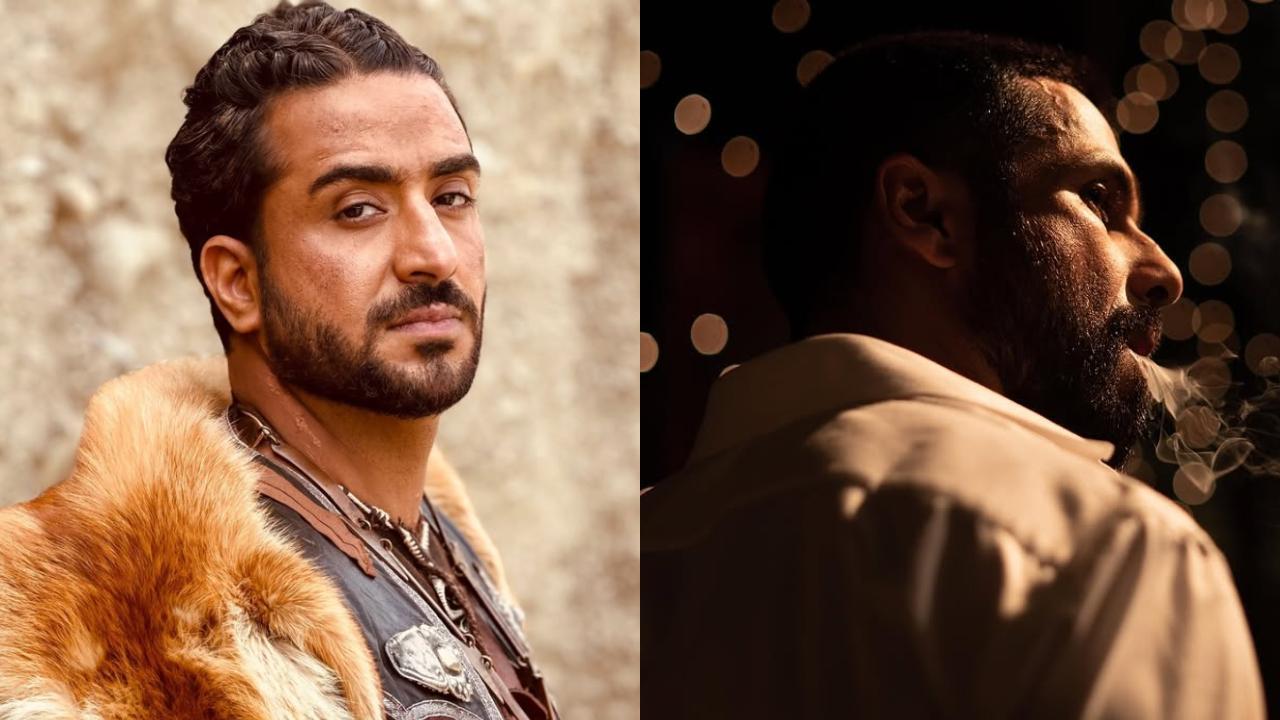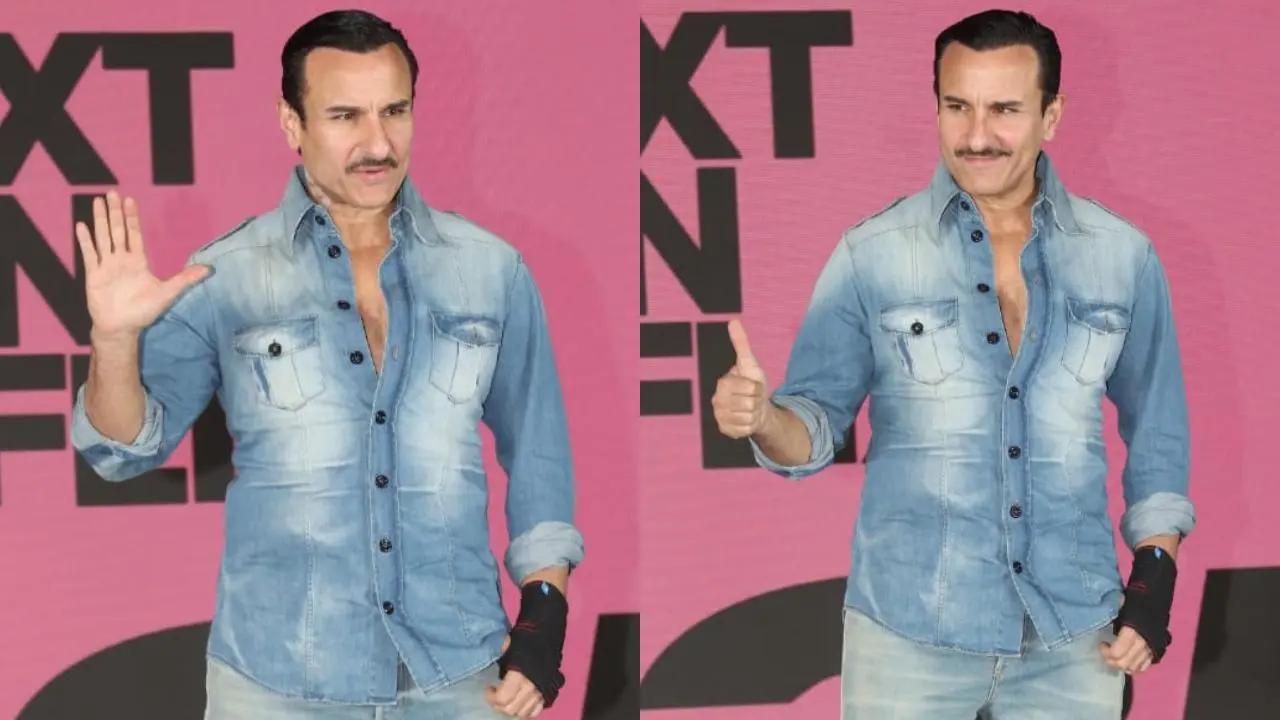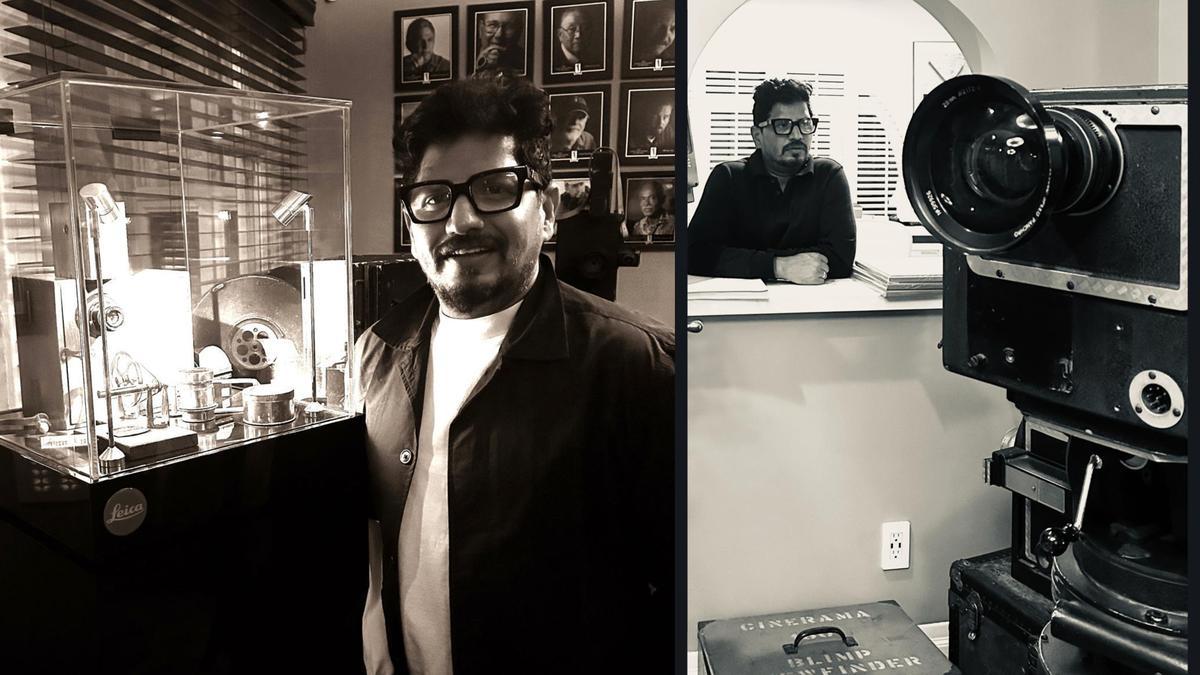
Imagine a young man, Imaad, age 25, a Tinder enthusiast through and through. Picture his bafflement when a date arrives not with romantic intentions flickering in her eyes, but with a camera stashed in her bag – ready for an unconventional photoshoot. Simran, played by the enigmatic Kalki Koechlin, is no regular date; her aspirations are to capture Imaad as he languishes in his desirous solitude for a project dubbed “The People of Tinder.” Scenes like these shine a light on the vacuous soul of ‘Kho Gaye Hum Kahan’ – a movie trying hard to be trendy but instead focuses on characters whose stories are less than enthralling.
In Mumbai’s pulsating heart, Imaad (portrayed by Siddhant Chaturvedi), a struggling standup comic, battles to find his place. However, ‘struggling’ might be overstating it a bit, seeing that he’s sitting on a hefty inheritance and residing in a luxurious Bandra apartment. His best friend Ahana (Ananya Panday), a corporate consultant, shares this abode, and together with a third friend, Neil (Adarsh Gourav), who attended the same boarding school, they navigate the complexities of young adult life. After facing life’s inevitable hurdles – Ahana’s boyfriend wanting ‘a break’ and Neil’s ambition to climb higher up the ladder of success – they resolve to ‘start up’. Together, they plan to establish a fitness studio, with financial backing from the ever-supportive Imaad.
Their lives are inextricably linked and influenced by social media. Ahana succumbs to the urge of stalking her ex on Instagram, and Neil, following a chance selfie with Malaika Arora, sees his follower count skyrocket. Imaad, meanwhile, bitterly reflects on the hollowness of the digital era, using his standup routines as a medium, although to a notably lackluster reception. Debutant director Arjun Varain Singh, with script collaboration from Zoya Akhtar and Reema Kagti, offer a somewhat tepid indictment of the influencer culture. Their critical eye casts a view where everyone is after ‘likes’ and ‘followers’, neglecting their true, authentic selves in the process. The critique presents a simplified perspective on a multifaceted sociocultural phenomenon and occasionally lapses into judgment, suggesting, for example, that online trolls are driven by envy of the industry’s second-generation stars.
Unfortunately, the film’s visual aesthetic doesn’t aid its attempt to critique this culture. The cinematography by Tanay Satam is characterized by a sterile and soft-focus allure, more akin to a glossy content video. There’s a cameo from ‘comedy consultant’ Sapan Verma, and two soundtrack features by the viral sensations OAFF–Savera. Interestingly, these internet-age artists don’t lead the sort of vapid, unmerited lives that ‘Kho Gaye Hum Kahan’ insinuates; if anything, it’s Bollywood that seems hungry to ride their wave of popularity.
Once again, Chaturvedi is cast in a role remarkably similar to his previous outing in ‘Gehraiyaan (2022)’ – a dreamy investor wrestling with a traumatic past. Panday appears to recycle her performance of Tia from Shakun Batra’s earlier film. It is Gourav who truly stands out, delivering a compelling portrayal of the film’s ‘outsider’. A poignant moment arises towards the climax where Neil finds himself apologizing to his father for past insolence. Where else but in a middle-class building sentimentally named ‘Roots’ – a none-too-subtle nod to his rediscovered appreciation for his heritage.
The movie ‘Kho Gaye Hum Kahan’ is now available for streaming audiences on Netflix, tugging at the urban heartstrings and mirroring the contemporary voyage of self-discovery in a world wrapped up in the facades of digital existence.










